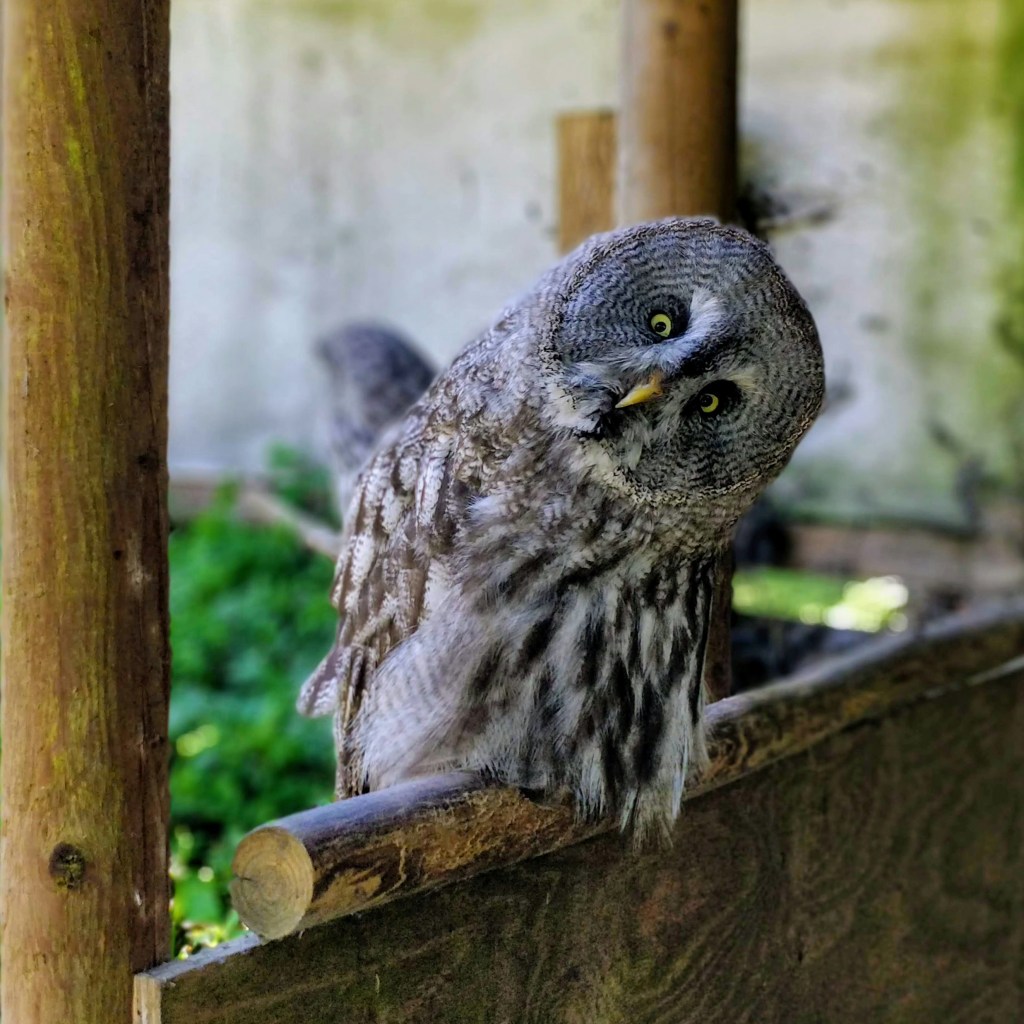
So I didn’t blog during my conference at all. I could say that I was out doing social things, which I was, but that really doesn’t account for the lack of posts. It’s actually that I have been pondering.
The conference was a mix of academic and research responsible staff, a combination that you don’t see that often. And this made me wonder why.
Generally when I think about PhD support I think of it as well and truly multiple. There are many people involved in the PhD support and supervision process. We can think of the most obvious – those responsible for guiding the development of the PhDer’s research – supervisor, adviser, committee etc. Then there are those who provide additional doctoral education within the PhDer’s university– methods courses, ethics workshops and so on – such people are often found in grad schools and are often institutionally known as research development staff. These staff may also have a role in supervisor development and in developing frameworks for quality and progression. As well, there may be additional ‘popup’ staff who run occasional courses, workshops and seminars.
The PhDer may also find in their university a peer network or three, including some peers who work in the same department/lab and others beyond. There are also other people in the university who are often very important – librarians and counsellors for example. And of course, where would any of these people be without the research administrative staff? They not only ensure that that all stages of the candidature proceed smoothly and that space, desks and printers are available but are usually know the answers to all of the questions that no one else can answer.
But of course support for the PhD goes even further. Outside of the institution sit disciplinary organisations, most of which have some kind of programme which positions PhDers to enter the wider disciplinary community. Specialist research organisations and learned societies also generally offer events and educational activities. And there are organised groups on a variety of social media platforms as well as self- managing networks and connections. And there’s various kinds of advice offered (such as this blog, advice books etc).
So when you add all of this up, you can see that there’s a lot going on for PhDers these days. But we also know that different PhDers have access to different levels and kinds of support – distribution is neither even nor equitable.
At my conference, some presenters talked about this phenomenon as a village to raise a PhD, others as a community of practice. One keynote talked about building a pack, a metaphor intended perhaps to signify a collaborative group rather than a bunch of isolated or competitive individuals. However this was a metaphor which also raised some hackles, as it also suggested something also rather aggressive. Hunting in packs and all that.
And I’ve come away from the conference with wonderings. Here’s just two.
- How much do supervisors/advisers know about what support their PhDers take up? Is it mainly left to the PhDer to put together and critically evaluate the various sources of support that they access? How much responsibility does the supervisor have for finding out what else the PhDer is doing outside of their formal interactions?
- How is what goes on in supervision and researcher ‘training’ connected? Are there times when the research methods courses are in tension with supervision – and if so is this a problem? What coordination/division of roles is there between research developers and supervisors, how often are the various roles and responsibilities made explicit and are there structured opportunities for conversation between supervisors and research development staff about who does what and why?
As I’ve been thinking about these questions, I’ve come to the conclusion that the notion of distribution might be helpful. We might think about PhDer progress as supported through a distributed practice. But there are loads of different modes of distribution. So, if PhDer learning is distributed, what kind of distribution is it?
Distribution to supermarket chains is from a central point, and to outlets that all have to follow the same rules – from branding to shop layout and weekly specials. So that’s nothing like the kind of distribution we see for PhDers.
A very different model of distribution can be seen in the white ant colony, where each member of the colony operates for the benefit of the whole, and knowledge-sharing is built into the different roles that colony members have. Together white ants can learn, think and make decisions. Eugene Marais famously argued in his book The soul of the white ant that the white ant colony should be seen as a single organism, a termitary, rather than individualised insects. Perhaps even an organism with a soul.
Well, there’s no way that we could think of a bunch of academics and universities and social media as a single organism. Although we might see it as a complex system, something and somewhere between the supermarket chain and the termite colony.
But at present, and not even adding in social media, our complex system is more like a river delta, with administrators, developers and supervisors running along in separate streams. Occasionally we come together, as at the conference I have just attended. Or perhaps there is the occasional university where some effort has been put into thinking about how each stream might know more about each other, and how to develop some shared understandings and trust.
Ive been wondering whether, and if so how, more understanding and trust could benefit PhDers who would no longer have to be the conduit between the streams nor have to decide which to follow. And if so, how we might do this without adding in more unwelcome layers of administration!
Image : Satish Nikam on Flickr

















